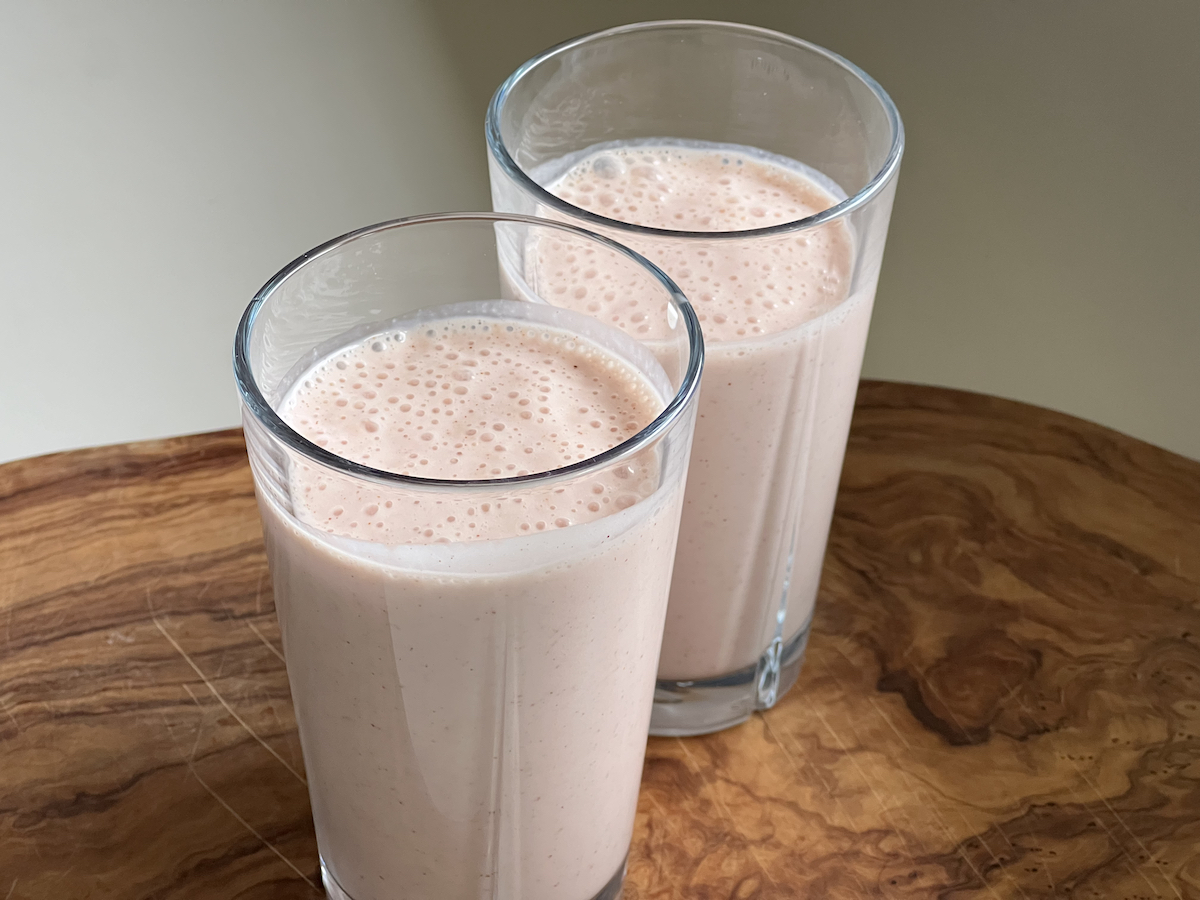Specific Carbohydrate Diet
The SCD is a whole food diet favoring monosaccharides which are easier to absorb and excludes food additives & complex carbohydrates.


About the Specific Carbohydrate Diet
The SCD was originally developed by Sydney V. Haas, MD, in 1924 for the treatment of celiac disease and was popularized and refined by Elaine Gottschall for the treatment of IBD in her book, Breaking the Vicious Cycle, first published in 1986.
The specific carbohydrate diet has the following principles:
- Carbohydrates: The SCD emphasizes simple carbohydrates that are easily absorbed, including certain fruits, honey, and specific vegetables. It restricts the consumption of complex carbohydrates such as grains, cereals, certain starchy vegetables, and most sugars.
- Protein and Fat Emphasis: The diet encourages the consumption of lean meats, poultry, fish, eggs, and non-processed fats like olive oil, avocados, and nuts.
- Probiotic Foods: Fermented foods are encouraged, as they contain beneficial probiotics that can help support gut health, especially home-made yogurt with specific strains of bacteria.
- Fiber-Rich Foods: Fiber-rich foods like vegetables and fruits are permitted, but only those low in complex carbohydrates.
- Nutrient-Dense Foods: The diet emphasizes nutrient-dense, whole foods, avoiding processed and artificial ingredients.
The effects of the SCD in pediatric Crohn’s disease were first published in the medical literature in 20141, with subsequent reports in children and adults with Crohn’s disease or ulcerative colitis. A large-scale comparison trial of SCD to MED in adults with CD was published in 20212, with ongoing trials in UC and CD.
References
- Suskind, D. L., Wahbeh, G., Gregory, N., Vendettuoli, H., & Christie, D. (2014). Nutritional Therapy in Pediatric Crohn Disease: The Specific Carbohydrate Diet. Journal of Pediatric Gastroenterology & Nutrition, 58(1), 87–91. https://doi.org/10.1097/MPG.000000000000010
- Lewis, J. D., Sandler, R. S., Brotherton, C., Brensinger, C., Li, H., Kappelman, M. D., Daniel, S. G., Bittinger, K., Albenberg, L., Valentine, J. F., Hanson, J. S., Suskind, D. L., Meyer, A., Compher, C. W., Bewtra, M., Saxena, A., Dobes, A., Cohen, B. L., Flynn, A. D., … Herfarth, H. (2021). A Randomized Trial Comparing the Specific Carbohydrate Diet to a Mediterranean Diet in Adults With Crohn’s Disease. Gastroenterology, 161(3), 837-852.e9. https://doi.org/10.1053/j.gastro.2021.05.047
SCD Food Table
The food list provided is a simplistic overview of the basic requirements of the diet, offering a bird's eye view of restricted and allowed foods. It is not an all-inclusive list of the allowed and restricted foods, nor does it define all the rules of the diet.
This list should NOT be used as a guide to following the diet.
Details about the SCD
The final stage of SCD is described in the table. While SCD does not have official stages (it does have an introductory diet to last no more than 5 days and a short list of advanced foods) , the stages described on pecanbread.com are often adopted by patients with symptoms and active disease.
These stages are not part of the official diet but can be used as a guide when food introduction proves difficult. The SCD allows for introduction of other healthy foods outside the normal parameters of the diet after sustained remission (generally recommended to wait until 1 or 2 years of sustained remission). Because these food additions could be anything tolerated by the patient, they are not included in the food table. Many recommend sticking with the diet as written and not deviating outside the defined parameters, so addition of foods should be considered carefully.
SCD Research articles
The SCD has been in use for a long time by some individuals but has only recently been reported in the medical literature for use in IBD with the earliest publication in 2014. Although published patient data is relatively small, the SCD has been studied for use in both Crohn's disease and ulcerative colitis, in children and adults.
Delicious and Nutritious Recipes
Explore all recipesOur recipe section offers a wide range of options that align with various nutritional therapies, ensuring you can find meals and snacks that are both flavorful and supportive of your dietary needs.
Additional SCD Resources

Cooking for the Specific Carbohydrate Diet

Dr. David Suskind - Rainin IBD Researcher

Reverse-Engineering Exclusive Enteral Nutrition for Crohn’s Disease. New insights on dietary therapy




Support our Mission
Your donation will help us to enhance the well-being and health outcomes of patients with IBD.
Donate


